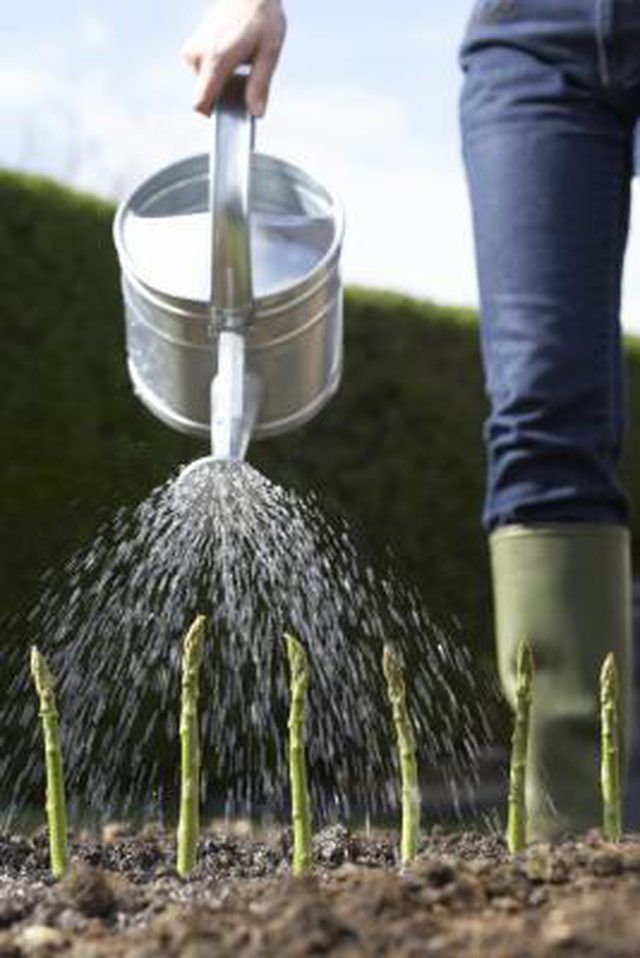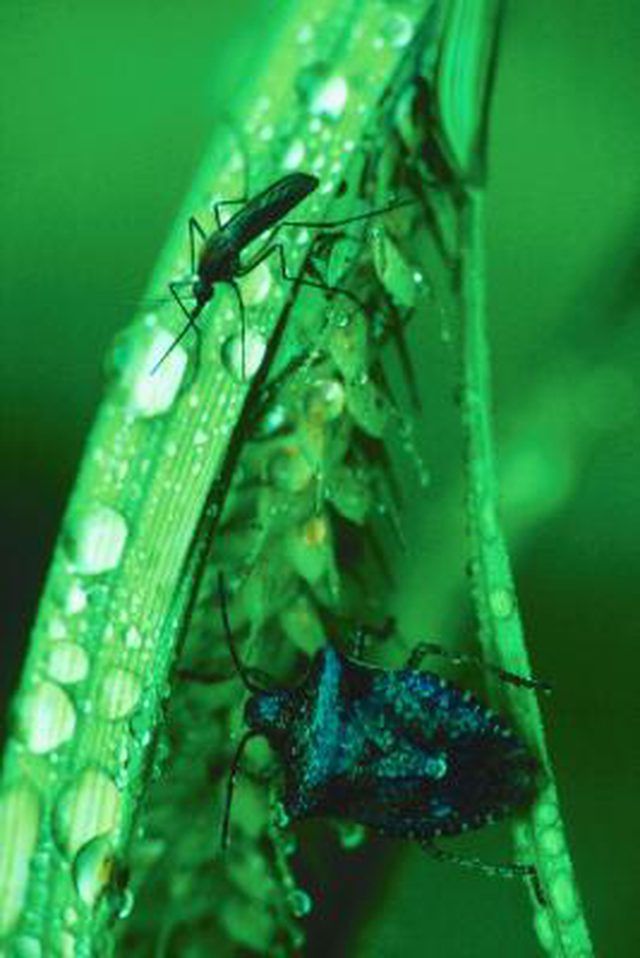Bulbs
Flower Basics
Flower Beds & Specialty Gardens
Flower Garden
Garden Furniture
Garden Gnomes
Garden Seeds
Garden Sheds
Garden Statues
Garden Tools & Supplies
Gardening Basics
Green & Organic
Groundcovers & Vines
Growing Annuals
Growing Basil
Growing Beans
Growing Berries
Growing Blueberries
Growing Cactus
Growing Corn
Growing Cotton
Growing Edibles
Growing Flowers
Growing Garlic
Growing Grapes
Growing Grass
Growing Herbs
Growing Jasmine
Growing Mint
Growing Mushrooms
Orchids
Growing Peanuts
Growing Perennials
Growing Plants
Growing Rosemary
Growing Roses
Growing Strawberries
Growing Sunflowers
Growing Thyme
Growing Tomatoes
Growing Tulips
Growing Vegetables
Herb Basics
Herb Garden
Indoor Growing
Landscaping Basics
Landscaping Patios
Landscaping Plants
Landscaping Shrubs
Landscaping Trees
Landscaping Walks & Pathways
Lawn Basics
Lawn Maintenance
Lawn Mowers
Lawn Ornaments
Lawn Planting
Lawn Tools
Outdoor Growing
Overall Landscape Planning
Pests, Weeds & Problems
Plant Basics
Rock Garden
Rose Garden
Shrubs
Soil
Specialty Gardens
Trees
Vegetable Garden
Yard Maintenance
Will Listerine Harm Garden Plants?
Will Listerine Harm Garden Plants?. Listerine is a household name when it comes to mouthwash. There is some evidence that Listerine may have uses outside the home as well. From insect control to killing weeds or even disinfecting pruning wounds, Listerine may actually help plants -- and certainly will not harm them.

Listerine is a household name when it comes to mouthwash. There is some evidence that Listerine may have uses outside the home as well. From insect control to killing weeds or even disinfecting pruning wounds, Listerine may actually help plants -- and certainly will not harm them.
About Listerine
Listerine contains "four essential oils," as the makers, Johnson & Johnson, explain. These are eucalyptol, menthol, methyl salicylate and thymol. Together they form an antibacterial solution that works in the human mouth -- and possibly on plants as well. In addition, menthol, and especially eucalyptol, seem to work as natural insect repellents.
Listerine on Plants
There is no evidence that the ingredients in Listerine are toxic to plants -- and tremendous anecdotal information to suggest that it may actually prove helpful. In fact, orchid and rose growing experts and other master gardeners sometimes actually suggest using Listerine solutions on plants, although take care to ensure that you don't burn the foliage of your particular plants.
Listerine's Uses in the Garden
Listerine may discourage insects on your plants when sprayed on, either at half strength or in a mixture with water, soap and sometimes even soaked tobacco. Full strength, Listerine disinfects pruning equipment and treats plants for bacterial infections. Listerine may repel animals from your garden and even keep the mosquitoes off you as you enjoy it.
